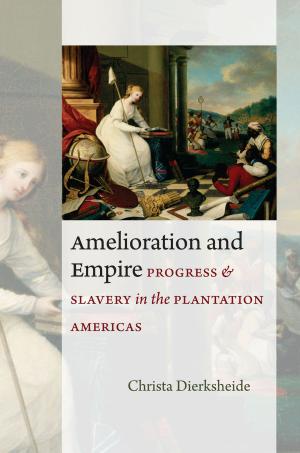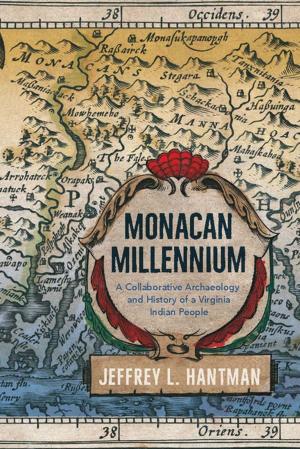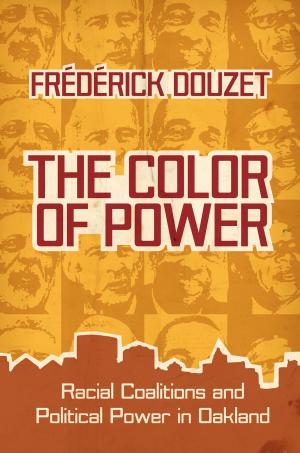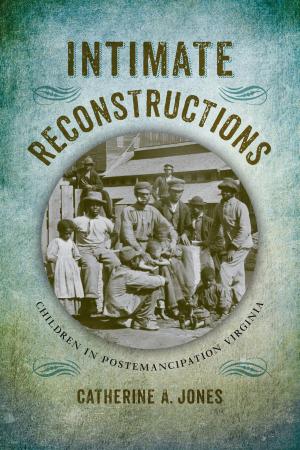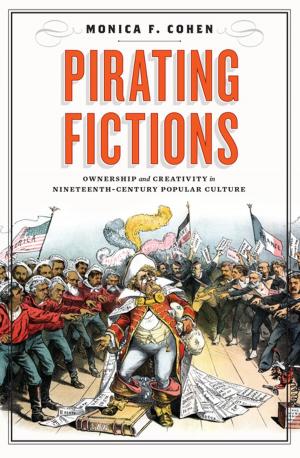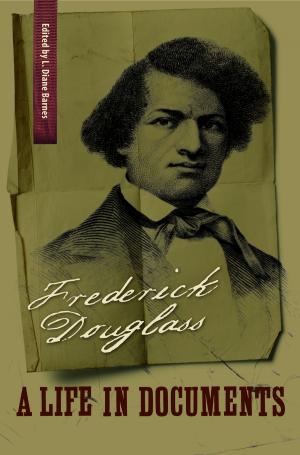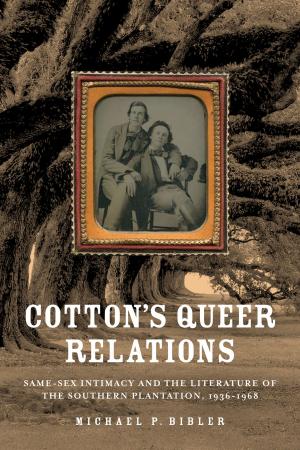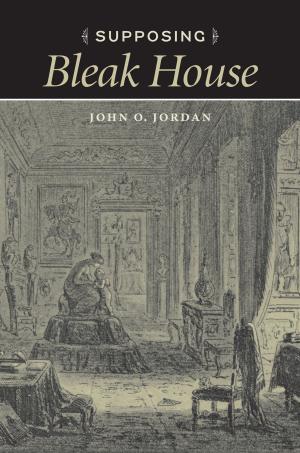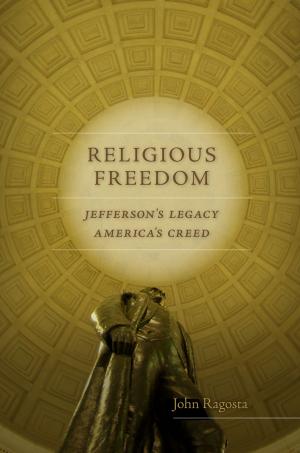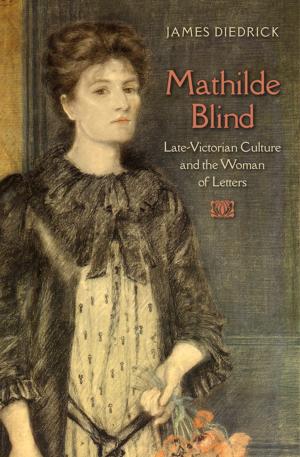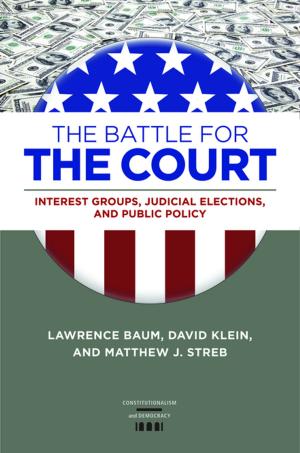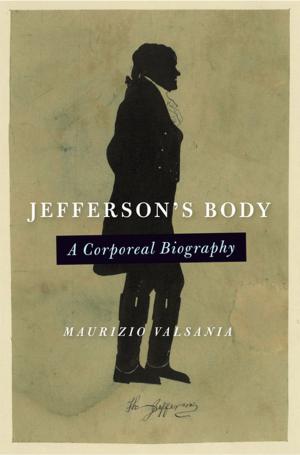Democracy's Muse
How Thomas Jefferson Became an FDR Liberal, a Reagan Republican, and a Tea Party Fanatic, All the While Being Dead
Nonfiction, History, Americas, United States, Revolutionary Period (1775-1800)| Author: | Andrew Burstein | ISBN: | 9780813937236 |
| Publisher: | University of Virginia Press | Publication: | April 13, 2015 |
| Imprint: | University of Virginia Press | Language: | English |
| Author: | Andrew Burstein |
| ISBN: | 9780813937236 |
| Publisher: | University of Virginia Press |
| Publication: | April 13, 2015 |
| Imprint: | University of Virginia Press |
| Language: | English |
In political speech, Thomas Jefferson is the eternal flame. No other member of the founding generation has served the agendas of both Left and Right with greater vigor. When Franklin Roosevelt dedicated the iconic Jefferson Memorial on the founder’s two hundredth birthday, in 1943, he declared the triumph of liberal humanism. Harry Truman claimed Jefferson as his favorite president, too. And yet Ronald Reagan was as great a Jefferson admirer as any Democrat. He had a go-to file of Jefferson’s sayings and enshrined him as a small-government conservative.
So, who owns Jefferson--the Left or the Right? The unknowable yet irresistible third president has had a tortuous afterlife, and he remains a fixture in today’s culture wars. Pained by Jefferson’s slaveholding, Democrats still regard him highly. Until recently he was widely considered by many African Americans to be an early abolitionist. Libertarians adore him for his inflexible individualism, and although he formulated the doctrine of separation of church and state, Christian activists have found intense religiosity between the lines in his pronouncements.
The renowned Jefferson scholar Andrew Burstein lays out the case for both "Democrat" and "Republican" Jefferson as he interrogates history’s greatest shape-shifter, the founder who has inspired perhaps the strongest popular emotions. In this timely and powerful book, Burstein shares telling insights, as well as some inconvenient truths, about politicized Americans and their misappropriations of the past, including the concoction of a "Jeffersonian" stance on issues that Jefferson himself could never have imagined.
Here is one book that is more about "us" than it is about Jefferson. It explains how the founding generation’s most controversial partisan became essential to America’s quest for moral security—how he became, in short, democracy’s muse.
In political speech, Thomas Jefferson is the eternal flame. No other member of the founding generation has served the agendas of both Left and Right with greater vigor. When Franklin Roosevelt dedicated the iconic Jefferson Memorial on the founder’s two hundredth birthday, in 1943, he declared the triumph of liberal humanism. Harry Truman claimed Jefferson as his favorite president, too. And yet Ronald Reagan was as great a Jefferson admirer as any Democrat. He had a go-to file of Jefferson’s sayings and enshrined him as a small-government conservative.
So, who owns Jefferson--the Left or the Right? The unknowable yet irresistible third president has had a tortuous afterlife, and he remains a fixture in today’s culture wars. Pained by Jefferson’s slaveholding, Democrats still regard him highly. Until recently he was widely considered by many African Americans to be an early abolitionist. Libertarians adore him for his inflexible individualism, and although he formulated the doctrine of separation of church and state, Christian activists have found intense religiosity between the lines in his pronouncements.
The renowned Jefferson scholar Andrew Burstein lays out the case for both "Democrat" and "Republican" Jefferson as he interrogates history’s greatest shape-shifter, the founder who has inspired perhaps the strongest popular emotions. In this timely and powerful book, Burstein shares telling insights, as well as some inconvenient truths, about politicized Americans and their misappropriations of the past, including the concoction of a "Jeffersonian" stance on issues that Jefferson himself could never have imagined.
Here is one book that is more about "us" than it is about Jefferson. It explains how the founding generation’s most controversial partisan became essential to America’s quest for moral security—how he became, in short, democracy’s muse.



